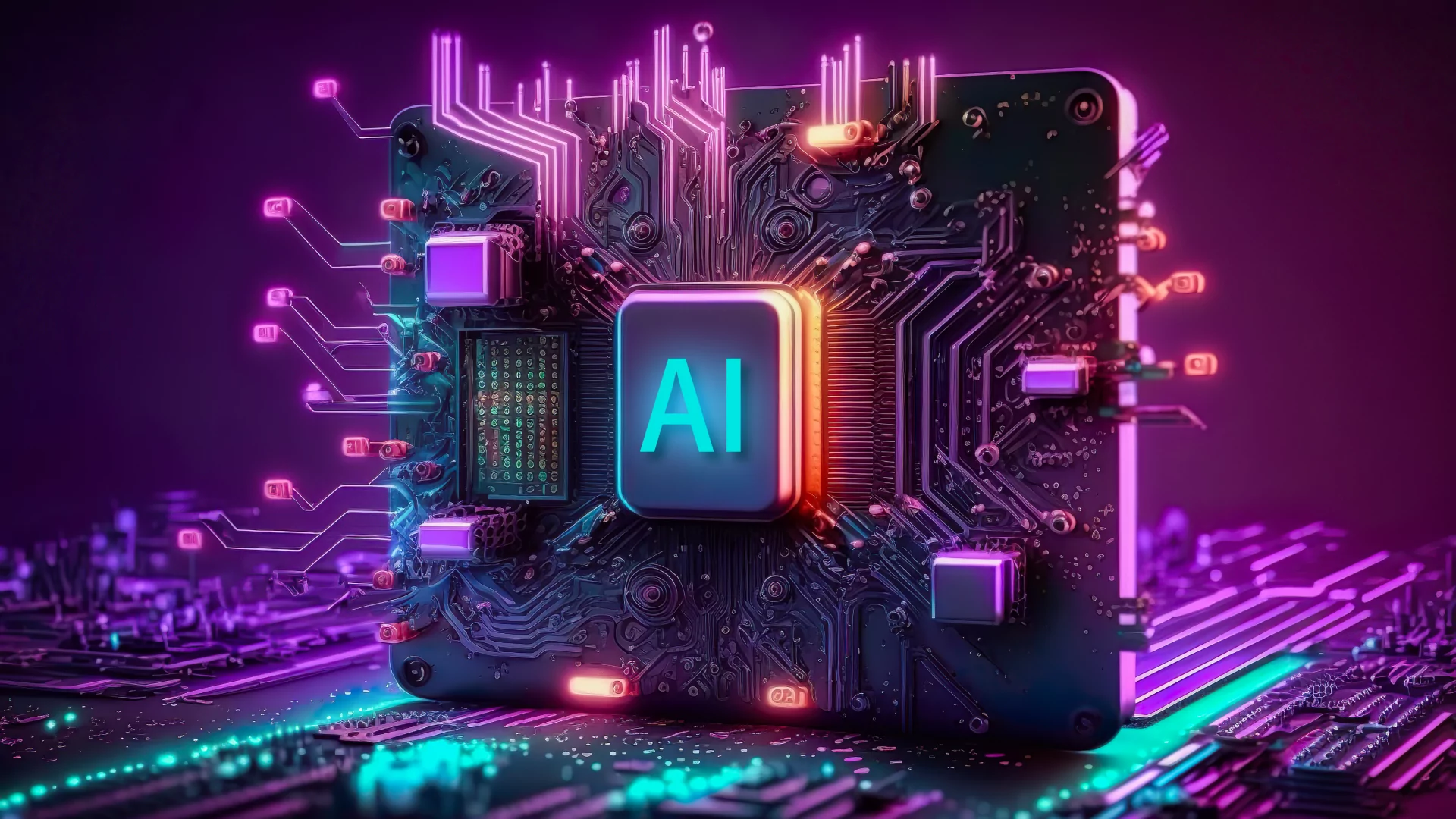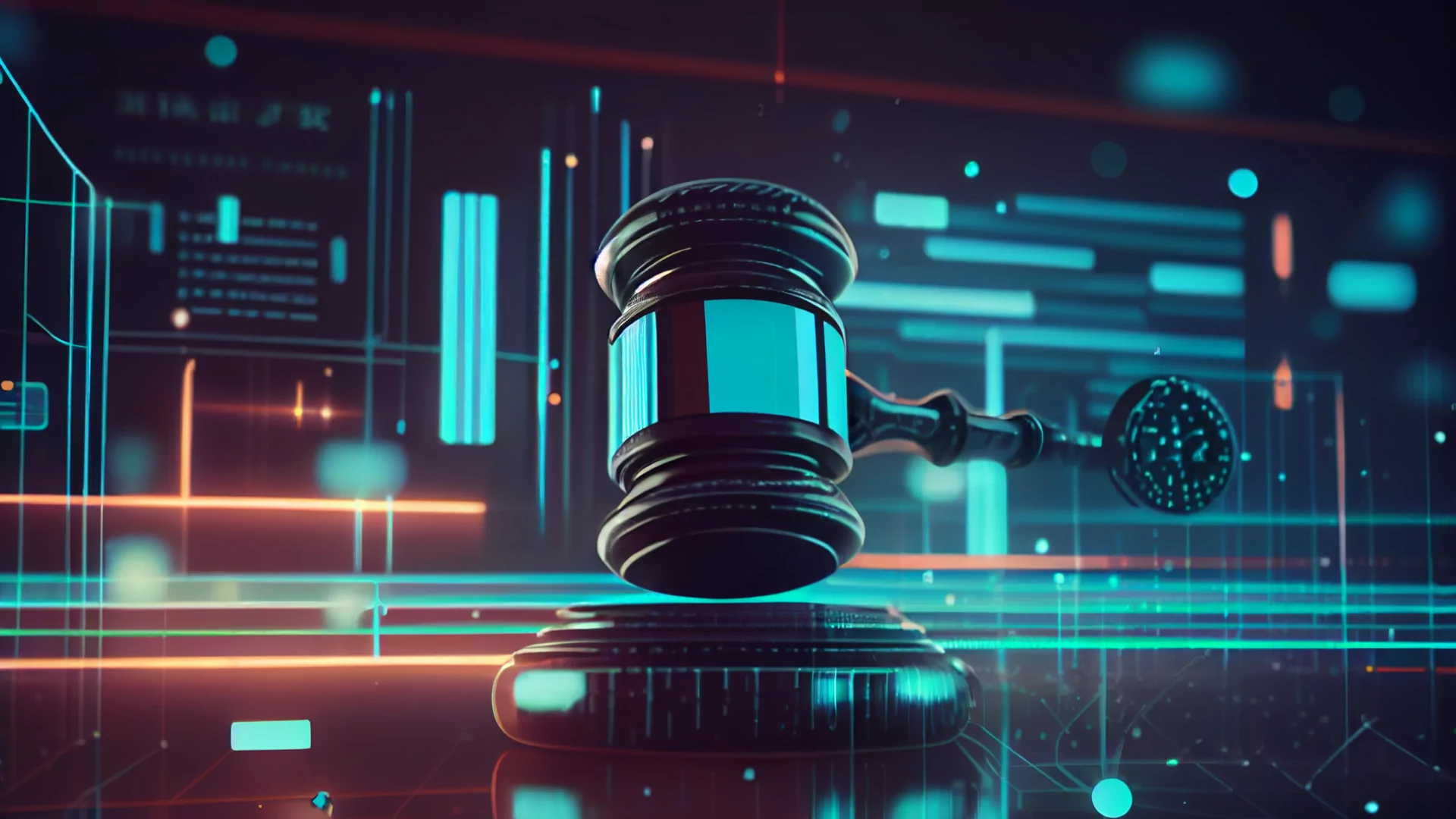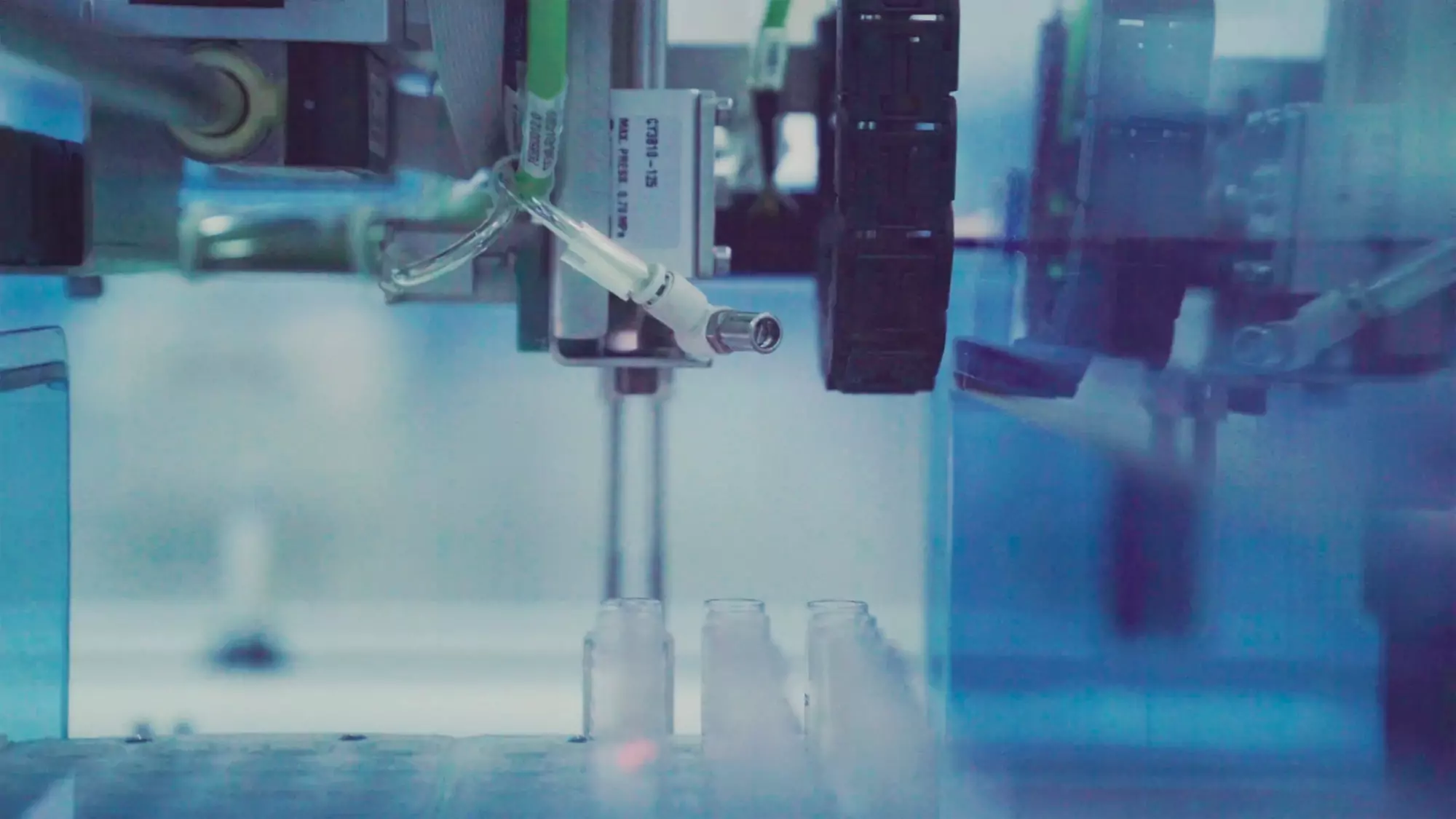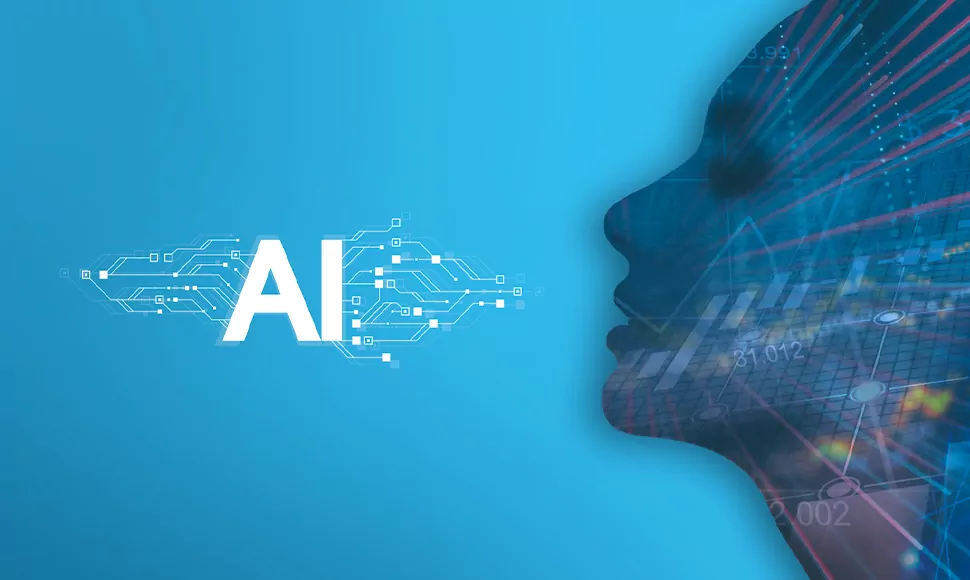In light of recent discussions surrounding the EU AI Act, it has become clear that legal issues can make or break a startup at any point in its development. Therefore, you should consider these challenges from the very beginning of your entrepreneurial journey and continue to do so as your startup grows, as non-compliance can result in even greater risks. Needless to say, you have to take it seriously straight away. In this article, we’ll break down the key areas to focus on.
The startup ecosystem
Let’s frame the scale of the topic we’re talking about first. According to the Startup Ranking [1], there are almost 130,000 startups worldwide, with over 77k solely in the United States. The use of AI-powered solutions is becoming increasingly common among them. In fact, artificial intelligence has become the means of progress, incorporated by around 40% of tech startups in their products [2]. This growth has been made possible thanks to advancements in AI technology and improved access to funding from investors.
Efforts to regulate AI systems
Not so long ago, efforts to regulate AI startups were still in their early stage, but they’re gaining momentum now as AI tools have become accessible to the general public. Thus, concerns about the ethical and societal implications continue to mount. The main concern is to make sure that AI algorithms are safe and transparent and respect fundamental human rights. The AI Act is the most talked-about regulation currently, and it might pave the way for similar regulations in other countries and regions.
In light of the above observations, quite surprisingly, there has been no substantial increase in organizations’ mitigation of AI-related risks [3]. And, it has to be said, it might cost them a lot in the near future. Therefore, we delve into the legal challenges and the most risk-prone areas in the next part of the article.
The legal challenges of AI
AI brings about several legal challenges, ranging from the question of who should be held accountable for the harm caused by the AI system to concerns about bias and discrimination.
Compliance with regulations
As we’ve mentioned before, at the moment, AI development and use aren’t standardized or strictly regulated. Governments and other regulatory bodies are still determining how the legal framework should look like. However, there are some regulations that startups need to comply with that are related to AI, such as privacy and data protection laws.
Of course, we don’t know if the AI Act will be passed in the form we know. But since the EU AI Act proposal is publicly available [4], it gives startups a chance to gear up when there’s still time to apply product changes.
Data and privacy protection
Data startups specialize in collecting and analyzing data, especially vast amounts of it (big data). They may come from various sources, user-generated data being particularly precious. Companies dealing with information often employ advanced technologies, such as artificial intelligence and machine learning to process them quickly and efficiently.
AI systems often collect and store personal data, which can raise privacy concerns. Laws such as the General Data Protection Regulation (GDPR) in the European Union regulate data collection, storage, and use by companies. As most AI startups are data startups [5], the issues around data protection have become increasingly valid.

Bias and discrimination
AI systems are created by humans and are trained on the data they provide. Therefore, if the data is human-generated and reflects societal biases and discrimination, the system will likely replicate and amplify the same mindset.
Thus, AI models have to be taught not to discriminate based on attributes such as race, gender, or ethnicity. We can do it using various techniques, such as adding fairness constraints or input data modification.
Liability
As artificial intelligence systems become increasingly autonomous, determining responsibility for any harm they do becomes a particularly tricky legal issue. While the logical answer may be the system creator, the reality is far from straightforward.
For instance, if a system analyzes thousands of resumes and shows bias against African Americans based on real headhunters’ choices, who is to blame? Such discussions will likely be central to future AI system regulations.
Intellectual property
AI technology often involves complex algorithms and software; AI startups have to be aware of the following challenges:
- ownership of intellectual property created by AI
- patents for inventions made by AI
- copyright of the AI-generated content
- infringement of intellectual property when AI is trained on copyrighted content
When it comes to artificial intelligence, intellectual property is a complex and evolving area of law, and, at least for now, there are no straightforward answers to the challenges described above.
A wrap-up
As you might have noticed, there are a lot of legal challenges that AI startups need to deal with nowadays. Some of these challenges are tricky to handle, as they involve figuring out who is responsible for the results of the AI’s endeavors. Unfortunately, there’s no one-size-fits-all solution to these issues with AI, but don’t worry – we’ve got you covered!
We offer comprehensive AI legal services to help you stay on the right side of current regulations and prepare for the proposed AI Act. Check out our AI Compliance Services to learn more.
Sources:
- The Startup Ranking
- The Global Startup Ecosystem Report 2022, Startup Genome
- The State of AI in 2022, McKinsey
- The AI Act proposal
- Most “AI startups” are data startups, Towards Data Science





